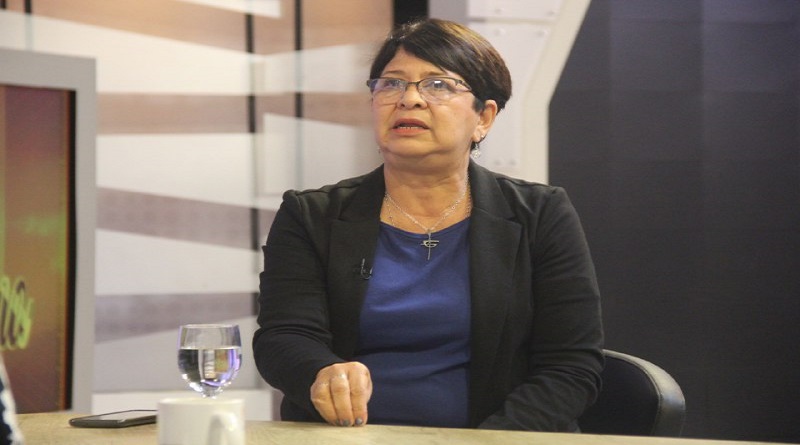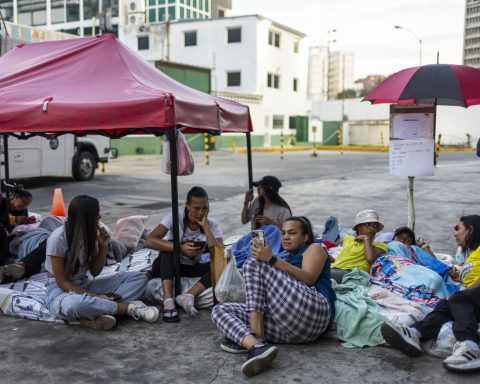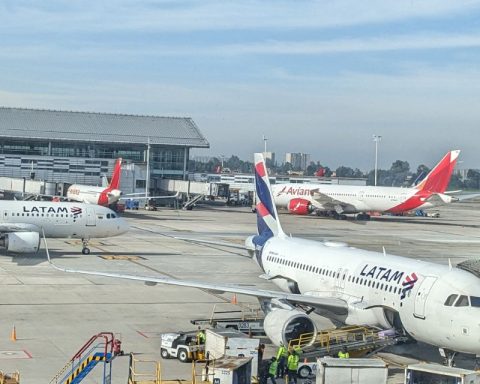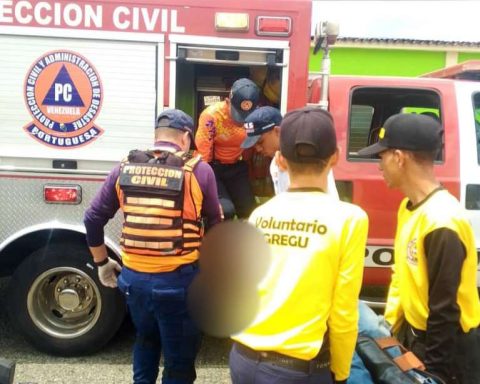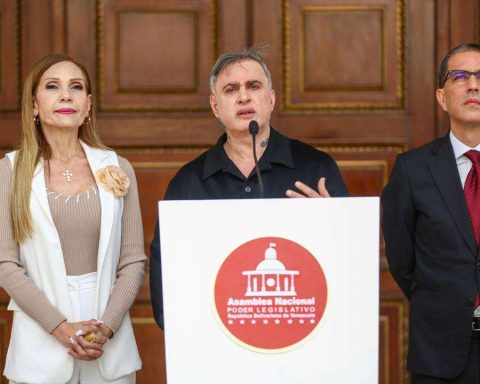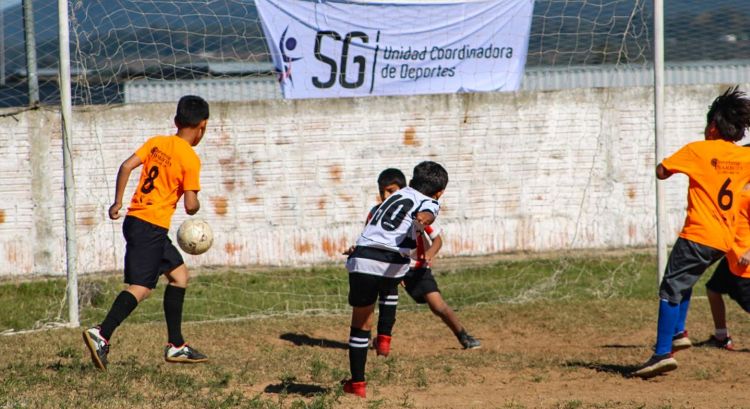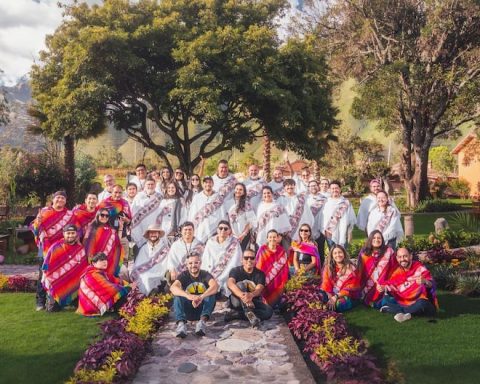The deputy and member of the Permanent Commission for Comprehensive Social Development of the National Assembly (AN), Gisela Tovar, stated that the Home Workers Law aims to care for and protect children and families.
“Those who do home work are generally women of reproductive age who cannot move to another workplace,” he added.
During an interview on the Café en la Mañana program, broadcast by Venezolana de Televisión, Deputy Tovar stressed that the AN is committed to complying with the call made by the Head of State to legislate in favor of other work modalities.
Likewise, he explained that home work is about people who carry out part of the industrial work in the place where they live with their own machinery and may have several employers, “an example is the people who sew, and only sew the neck of a shirt, hand over the piece to someone else who is in charge of assembling it”.
“That is why when we talk about home workers we are referring to people who work remotely, this is not new, it is a form of industrial work,” he pointed out.
Similarly, the parliamentarian stated that the Home Work Law seeks to reduce the inequality gap between workers and protect those people who receive income that is not in accordance with the provisions of the Organic Labor Law (LOT).
In addition, he assured that this legal instrument seeks to protect children and families, because in many cases the members of the family group join home work to support and it usually happens that only the person hired for the service is paid and the family group is exempt from this payment even if they have worked.
On the other hand, he indicated that teleworking is not contemplated in this law because it is part of another target, “teleworking has a greater intellectual load, people who carry out teleworking have access to technology packages design tools, they are people who are already retired or people who want to work on their own and do a job for another or several people, but they have to have access to the platforms”.
VTV/MQ
